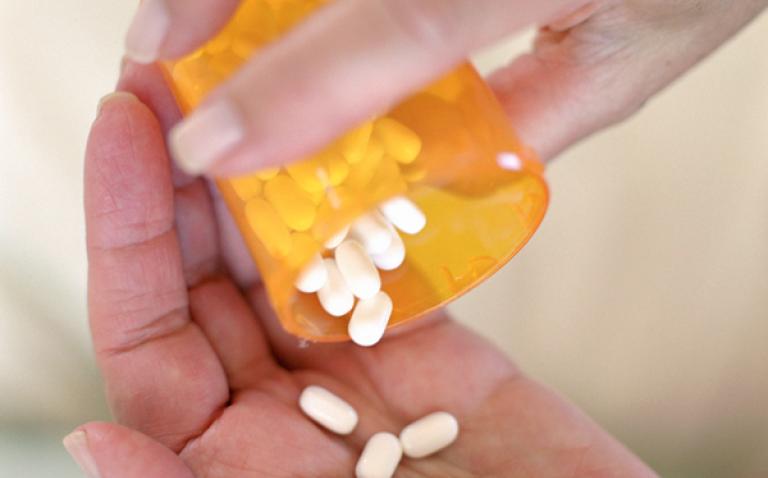A report by the Office of Fair Trading has recommended that pricing of drugs is based not on how much the drug costs to develop, but on the benefit that the drug can bring. After examining the proposals for a paper published today in the journal Health Economics, Professor Karl Claxton believes that such Value-Based Payments (VBP) make sense. He is, however, worried that the current plan is overly generous toward pharmaceutical companies and could lead to a rise in the NHS’s total drug bill.
In most markets. consumers are used to the idea of paying a high price for goods that give a lot of benefit, and a low price for those that perform less well. The consumer is unconcerned about the cost to the company for developing the item. Up until now, this has not been the case for the drug industry. Here prices have been set by the pharmaceutical price regulation scheme (PPRS) which tries to balance the cost to the NHS and profits for the pharmaceutical industry. In effect a lot of the calculation is based on the costs of development and production costs.
Under the new scheme the NHS will only take on technologies if they are cost-effective. That means the health benefits of using the technology must be greater than health displaced elsewhere in the NHS (due to the additional cost of the technology), says Professor Claxton, who works in the Department of Economics and Related Studies and Centre for Health Economics at the University of York. This, he believes, will provide a powerful incentive for companies to concentrate on cost-effective delivery when they develop new therapies.










